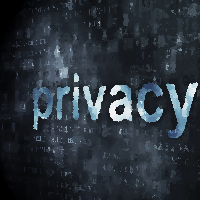Promise of Free Software Delivers Malware
Beware of Key Generators
By Bob Rankin
Recently, we have been made aware that simple searches for PC Matic on YouTube – are resulting in videos that promote ‘key generator’ software that promises free access to popular applications like PC Matic.

Not surprisingly, those looking for “no cost” software – are being lead directly to an onslaught of adware/malware and promotions for products unrelated to their original search.
Important to note – this issue is not exclusive to our software – you will find similar traps set for those searching other popular titles like (Office, Photoshop…)..–PC Pitstop.
Beware of Key Generators
Twenty years ago, a key generator was a machine in the hardware store that made duplicates of your house keys. Today, a key generator (or keygen) is a tool that software pirates use to illegally activate or unlock commercial software. Aside from the obvious ethical issues, there’s another reason why you should steer clear of these things. Read on to learn about the hazards of keygens…
What is a Key Generator?
“You can’t cheat an honest man” is an old proverb, and it has its complement: it’s pretty easy to cheat dishonest people. That’s why malware distributors love to target people who steal software, music, movies, games, and other intellectual property. One of the favorite traps set for pirates is the key generator.
Sure, you could plant a virus or Trojan in a complete software package. But why bother uploading hundreds of megabytes to various sites, or making such a large package available to downloaders, when a small file of a few thousand bytes will catch just as many fish?
Trial versions of programs are available from the developers’ sites. What pirates often want is a license key that transforms a trial version into a full-featured version that never expires. Programs that generate illicit license keys are called “key generators” or “keygens” for short.
Key Generators
Keygens don’t have to be very big. All they need to do is prompt the user for the same registration data that the software does and then use the same algorithm that the software uses to generate a license key. A few dozen kilobytes of code are ample for these simple tasks. The small keygen packages are often spread more widely and quickly than gigabyte-sized packages containing pre-cracked software.
Now Playing on YouTube…Article Continued Here
Excerpt shared with permission from Bob Rankin.




